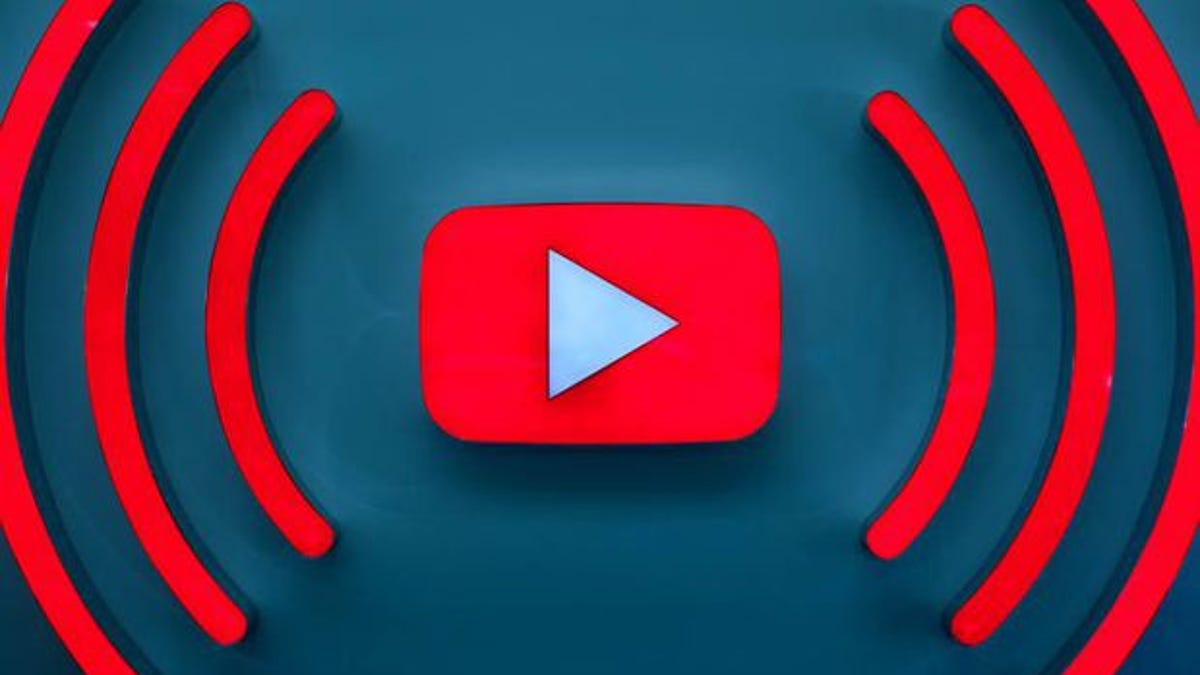Alphabet's money train won't slow down
Amid YouTube ad woes, Google's parent company is off to a good start for the year financially. The tech giant says it's taken the controversy "seriously."

YouTube has faced a backlash over ads appearing next to extremist content.
There are two important things to understand about Google's parent company, Alphabet: 1) It's those out-there projects -- like self-driving cars, smart contact lenses and Wi-Fi-beaming balloons -- that often get most of the attention. And 2) Alphabet can only pay for all those ambitious endeavors because it makes billions on its usually boring cash cow: advertisements.
But in the last few months, its ad business has surprisingly become even more intriguing than its often buzzed-about moonshots.
That's because YouTube, owned by Google, has found itself in a major firestorm since the end of the first quarter. Its automated software tools had been placing ads against extremist and hateful videos, including videos reportedly featuring former Ku Klux Klan leader David Duke. So beginning in mid-March, angry advertisers started leaving in droves: Pepsi, Johnson & Johnson, AT&T and even the British government, to name a few.
It was a different kind of crisis for a company that often finds itself the target of critics for how much data it has on you and me. This backlash seemed more urgent because it didn't just damage Google's reputation (which in many cases can be repaired by just waiting out the news cycle). This attacked Google's checkbook, too.
That's the backdrop Thursday, as Alphabet shared a snapshot of how its business is doing. To be clear, the backlash isn't likely to make much of a dent on Alphabet's advertising sales in the first quarter, analysts said. (And even if it did, Alphabet doesn't break out YouTube's revenue, so it'd be hard to tell. Though one firm estimates it will eventually cost YouTube $750 million of its $10.2 billion in annual sales.)
Still, the controversy should be top of mind for the company going forward.
In the three months ended March 31, it recorded $24.75 billion in sales, up 22 percent compared to the same period last year. Revenue surpassed analyst forecasts of $24.19 billion. Profit was $7.73 a share, while expectations were $7.40 per share.
"We have taken it pretty seriously and we've taken significant steps," Google CEO Sundar Pichai said of the controversy during a conference call with analysts. "It's super important for us that this ecosystem works well."
The company's stock rose 4 percent in after-hours trading.
The biggest companies in Silicon Valley have recently had to reckon with their scale and influence -- getting thrown into social issues in ways they didn't intend or anticipate. In addition to the YouTube ad controversy, Google has also had to deal with fake news. Facebook has had to deal with it too, getting even more flak for it.
In response to the backlash from advertisers, YouTube said last month it was revamping its policies, giving clients more control over where their ads appear.
Pichai also noted on Thursday that Philipp Schindler, Google's chief business officer, and his team had made "thousands and thousands" of calls to advertisers in the wake of the YouTube controversy.
"Advertisers have clearly noticed the improvements we've made," Pichai said.
A 'game changer'
Outside of the YouTube controversy, Pichai touted Google's work in machine learning and artificial intelligence.
Particularly, he called out Google's digital helper product, known as the Assistant -- similar to Amazon's Alexa and Apple's Siri. Last week, the company updated its Google Home device to support multiple accounts. That means the device knows specifically who's talking to it and can access personalized information, like each person's calendar or preferences. On the call, Pichai called the update a "game changer."
Google co-founder Larry Page had similar sentiments about AI and machine learning when he released Alphabet's annual founders' letter earlier Thursday.
"We were early in machine learning and are already seeing significant dividends coming out," Page wrote. "Many of the Alphabet companies are already using this technology and are planning to use it even more."
Batteries Not Included: The CNET team reminds us why tech is cool.
CNET Magazine: Check out a sample of the stories in CNET's newsstand edition.

